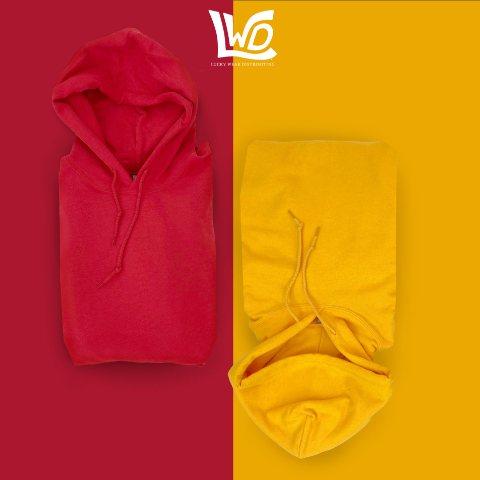Direct to Garment Printing - Understanding the Technical Steps Involved and Fabric Care

Direct-to-garment printing (DTG) is a modern printing technique that produces high-quality, detailed prints on fabric.
DTG printing is becoming increasingly popular in the fashion industry and for personalized gifts and merchandise.
The process involves several technical steps that must be understood to ensure the best possible outcome. In addition, proper fabric care is essential to maintain the quality of the print.
Technical Steps Involved in DTG Printing
Preparing the Artwork
The first step in DTG printing is to prepare the artwork. The artwork is usually created using computer software such as Adobe Illustrator or Photoshop. High-quality images must be used to ensure the final print is high quality.
Pre-Treatment
The fabric must be pre-treated before printing to ensure that the ink adheres properly to the fabric. The pre-treatment process involves applying a chemical solution to the fabric to create a bond between the ink and the fabric.
Loading the Printer
The next step is to load the printer with the fabric. The fabric is loaded onto a platen, a flat surface that holds the fabric in place during printing.
Printing
The printing process begins once the printer is loaded with the fabric. Using a digital print head, the printer applies the ink directly to the fabric. The ink is absorbed by the fabric and dries quickly.
Curing
The fabric must be fixed after printing to ensure the ink sets properly. Curing involves applying heat to the fabric using a heat press or oven. The heat causes the ink to bond with the fabric, creating a durable print that will not fade or peel.
Fabric Care
Proper fabric care is essential to maintain the quality of the print. The following are some tips for caring for fabric printed with DTG printing:
Wash the Fabric in Cold Water
When washing fabric printed with DTG printing, it is essential to use cold water. Hot water can cause the ink to bleed or fade, resulting in a poor-quality print.
Use Mild Detergent
It is best to use mild detergent when washing fabric printed with DTG printing. Harsh detergents can cause the ink to fade or peel, resulting in a poor-quality print.
Do Not Bleach
Bleach can cause the ink to fade or peel, resulting in a poor-quality print. It is best to avoid bleach when washing fabric printed with DTG printing.
Do Not Dry Clean
Dry cleaning can damage the fabric and cause the ink to fade or peel, resulting in a poor-quality print. It is best to avoid dry cleaning when washing fabric printed with DTG printing.
Do Not Iron Over the Print
Ironing over the print can cause the ink to melt and adhere to the iron, resulting in a poor-quality print. It is best to avoid ironing over the print when washing fabric printed with DTG printing.
Conclusion
DTG printing is a modern technique that produces high-quality, detailed prints on fabric. The process involves several technical steps that must be understood to ensure the best possible outcome.
Proper fabric care is essential to maintain the quality of the print. By following these tips, you can ensure that your fabric with DTG printing looks great for years.

 2022 Catalog
2022 Catalog Sale
Sale DTG vs Screen Printing
DTG vs Screen Printing